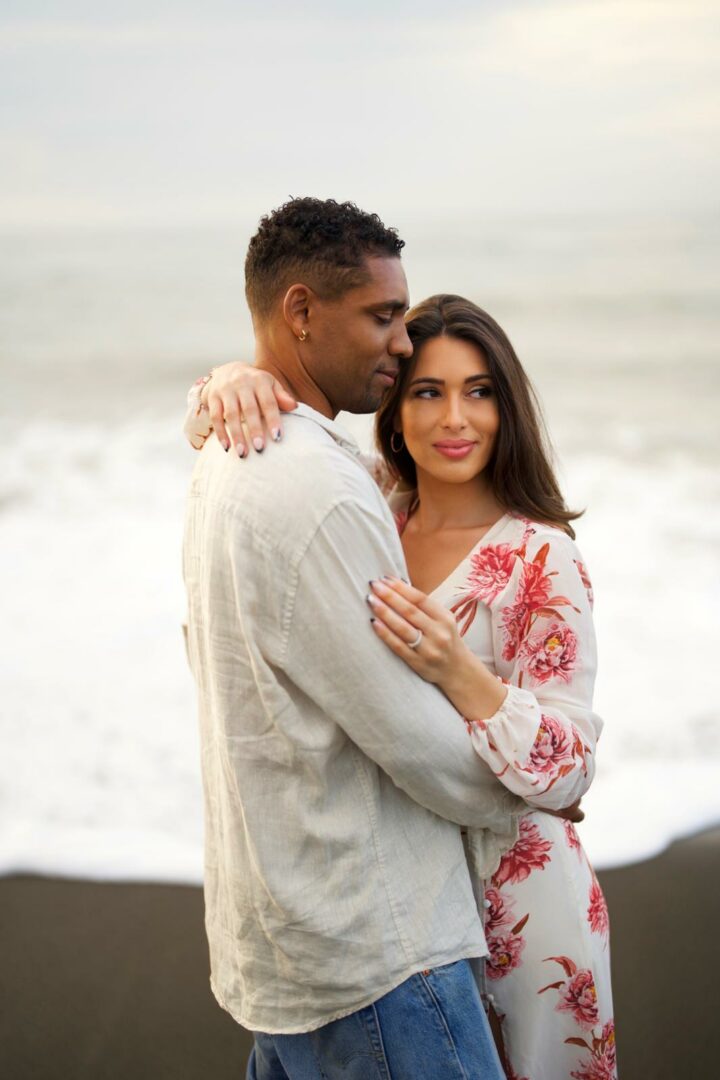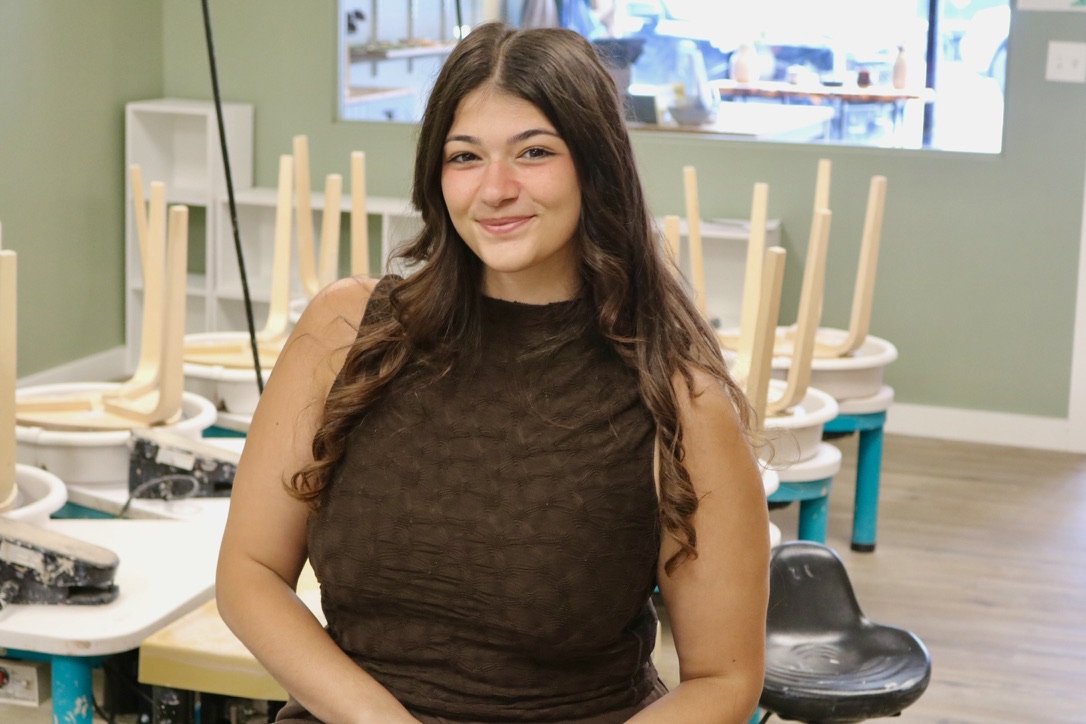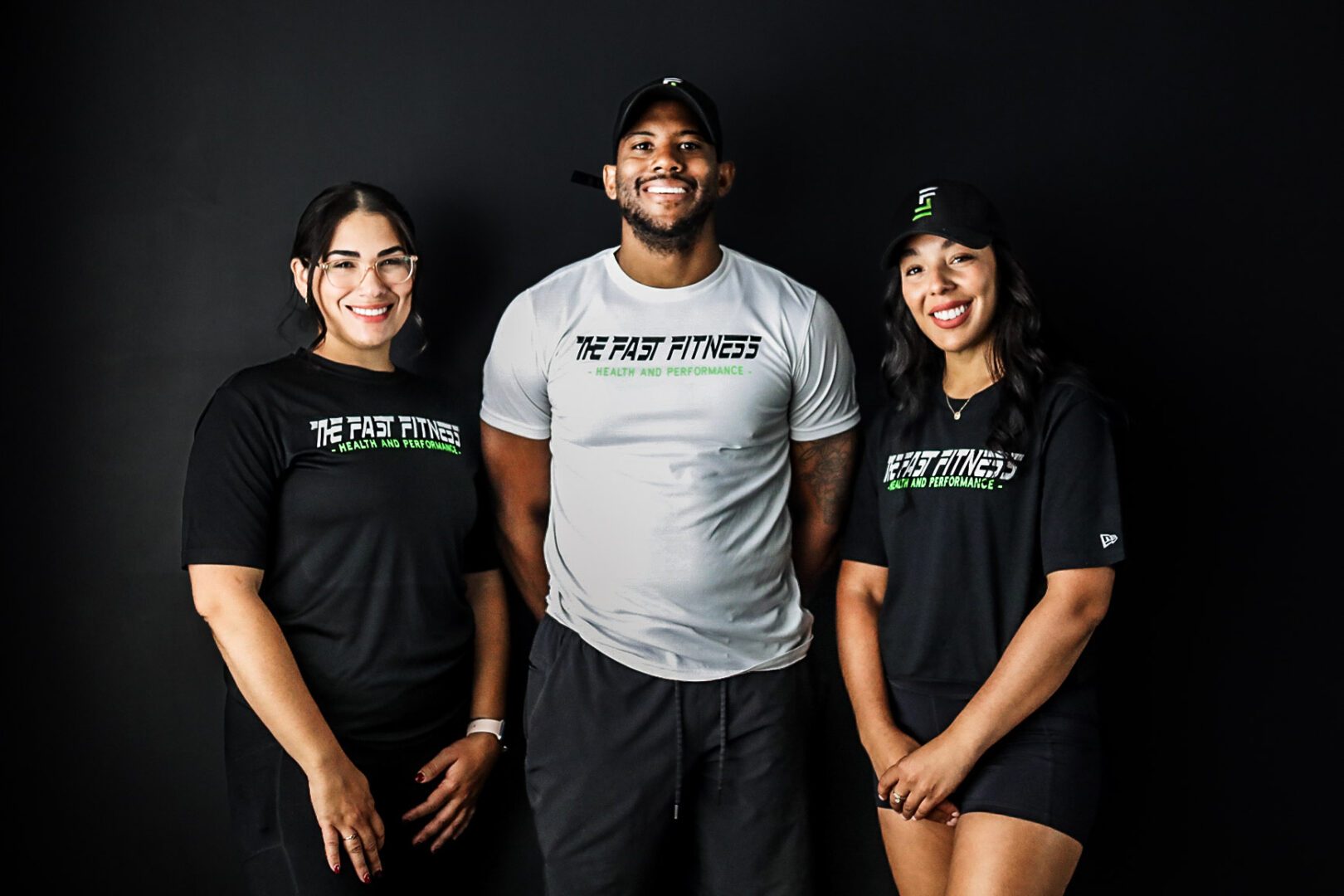We recently connected with Loretta Chefchaouni and have shared our conversation below.
Loretta, we’re thrilled to have you on our platform and we think there is so much folks can learn from you and your story. Something that matters deeply to us is living a life and leading a career filled with purpose and so let’s start by chatting about how you found your purpose.
Not long after my second child was diagnosed with a condition called dyspraxia, three things happened:
1. I began to look back at my own lifelong challenges in a new light, and upon requesting a neuropsychological exam, I was diagnosed with the same condition.
2. Since dyspraxia is better known in the UK than the US (for some strange reason), I got tired of explaining it over and over to my child’s teachers. He was having a particularly hard time with longer handwritten assignments, and because working on a laptop and having a flexible schedule made things much easier for him, we switched to virtual schooling.
3. I left my job as an early childhood educator to stay home and assist with virtual schooling, which gave me time to start writing more seriously.
I decided that I wanted to take all the hardships I had been through and create something beautiful and meaningful out of them. My first book was met with unanimous rejection that, looking back, I can say was probably well deserved. But, hey, we all start somewhere! I kept trying, mainly because the thought of not trying was too depressing. I studied the craft. I entered contests that offered feedback. And over time, the feedback that I was getting became more and more positive. I began to win some of those contests, which allowed me to work with mentors and publishing professionals.
I wrote more books, and with each one, not only did my writing improve, but I uncovered a deeper layer of my truth. Yes, my books are fictional, but they also have pieces of my identity woven into the pages. My fourth novel featured a Muslim protagonist and was the book that finally landed me a literary agent, but then, it died on submission.
But by that time, I had been accepted into the Highlights Foundation’s Muslim Storyteller Fellowship, an amazing program funded by Doris Duke. I suddenly had a supportive community of other Muslim writers, and as I reflected on my purpose in writing, I realized how books had provided an escape for my younger self and that I wanted my books to offer today’s young readers that same kind of safe place.
I felt this was my sign to keep going, so my agent and I sent out a second book to publishers, and, well, the rest is a secret, for now. (Hopefully, not much longer!)

Thanks, so before we move on maybe you can share a bit more about yourself?
I write fantastical tales that turn grief and fear into myth and monsters and explore all the scary parts of being human within the safe space of stories. My most recent novel was inspired by the Moroccan folktale, “The Jealous Mother.” The story is similar to Snow White, but with some key differences, such as the stepmother being replaced by a biological mother and the seven dwarves, by ghouls. I knew these elements would make for a deliciously creepy retelling and would be a good match for the kind of stories I write best, but I wasn’t sure what my approach would be at first, so I filed the idea away for a future project.
One day, I was meeting with my Muslim Fantasy critique peers, and we were talking about the role of mothers in our stories. The consensus of the group was that their personal relationships with their mothers reflected in their character’s relationships. But, that was not the case for me. I had been writing more idealized relationships than what was true to my experience, partly because I saw a lack of positive parental relationships in YA in general, but I started wondering if I was also avoiding something there…
That’s when I decided to draw upon my relationship with my mother and the effect her addiction to drugs had on me growing up. The resulting novel is a YA fantasy that combines the lush world of This Woven Kingdom with the mother trauma of Snow White and a dash of Tim Burton. It’s called The Lustrous Dark, and I can’t say much more about it just yet!
I can, however, talk about two upcoming events in Seattle, Washington happening on Thursday, April 17. I’ll be there for Writing in Community: A Panel of Muslim Authors at 12:00 PM at the North Seattle College Library Theater and at Third Place Books at 6:00PM for an author reading!

There is so much advice out there about all the different skills and qualities folks need to develop in order to succeed in today’s highly competitive environment and often it can feel overwhelming. So, if we had to break it down to just the three that matter most, which three skills or qualities would you focus on?
Am I allowed to say resilience, resilience, and resilience?
I think I’ve gotten 90% of the way to where I am through sheer determination and stubbornness. One thing about publishing is that it takes a mixed bag of talent, work, luck, and timing. Rejection is part of the process, but even for the most thick-skinned, even when you know on a cognitive level that it’s subjective, it is hard not to take it personally and internalize it negatively.
So to answer this, I would recommend three questions writers can ask themselves to keep their anxiety in check while treading the treacherous waters that are publishing. (By the way, I’m sure these apply to people breaking into other fields as well!)
1. Is the thing I am worried about something that is in my control? For writers, some things that can be controlled are doing the work, eliminating distractions, setting goals, seeking out and being open to feedback, and studying the craft. The traditional publishing route involves a lot of waiting, and all the writers I know have experienced their share of rejection, near misses, and setbacks. When faced with these kind of obstacles, ones I can’t control, I find it helps to acknowledge that and refocus on the things I can.
2. Is the conclusion I’m jumping to based on fear or fact? This one is for the writers who self-reject and think that a slow response from an agent or editor must mean they hate your work or discovering a typo in that full request you just sent off obviously means you will now be rejected. Agents and editors are busy people and their priority is their current clients, as it should be. But they are humans, and honestly, they are not going to reject you for a small mistake. Just make sure to follow basic guidelines such as making sure they represent your genre and double checking that you have spelled their name correctly.
3. What would you say to someone you loved if they were in your situation? I have learned to be my own biggest cheerleader. It is so easy to look at positive feedback as “they’re just being nice” while focusing on the negative. Don’t do this! Once you have been writing for a while, you will get a better idea of what your strengths and weaknesses are. When that happens, you can lean into your strengths and work on your weaknesses. One thing I like to do is keep a positivity folder with snippets of praise and compliments I’ve received for my work, so I can go back and look through them when I’m feeling discouraged and need a pick-me-up.
I think maintaining a success-oriented mindset comes back to understanding your purpose. Everyone has a story to tell, and once you tap into that, once you believe that your words matter and can make a difference, you have what you need to sustain you through any obstacles you may face. Every author’s journey looks different, but trust me, those overnight success stories are rare unicorns. Believe in the power of your story, and eventually, everything else will fall into place.

What is the number one obstacle or challenge you are currently facing and what are you doing to try to resolve or overcome this challenge?
My biggest concern as a writer at this time in history is that our rights to free speech are currently in jeopardy. Marginalized writers have long faced an uphill battle to make the industry more inclusive, and in recent years book bans have been an increasingly alarming concern. But last week, a children’s book author who I personally met at a retreat was snatched off the street by ICE agents for nothing more than expressing her opinions as a co-author of a college newspaper op-ed that affirmed the “equal dignity and humanity of all people.” Children need to see themselves in books, and they need to see people who are different from them. Stories are an essential resource for building empathy. So, more than ever, I am leaning on my writing community and doing all I can to support and uplift diverse voices.
Contact Info:
- Instagram: https://www.instagram.com/lorechefwrites/
- Other: Tiktok: https://www.tiktok.com/@lorechefwrites?lang=en



so if you or someone you know deserves recognition please let us know here.




